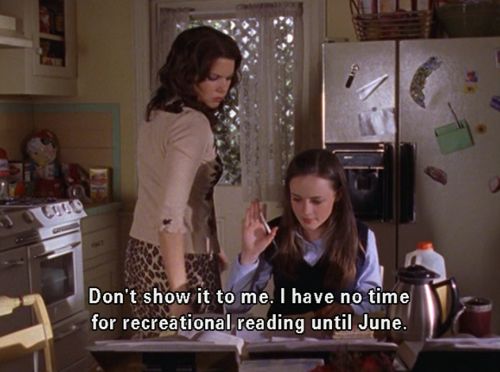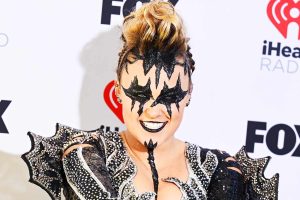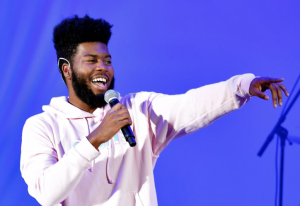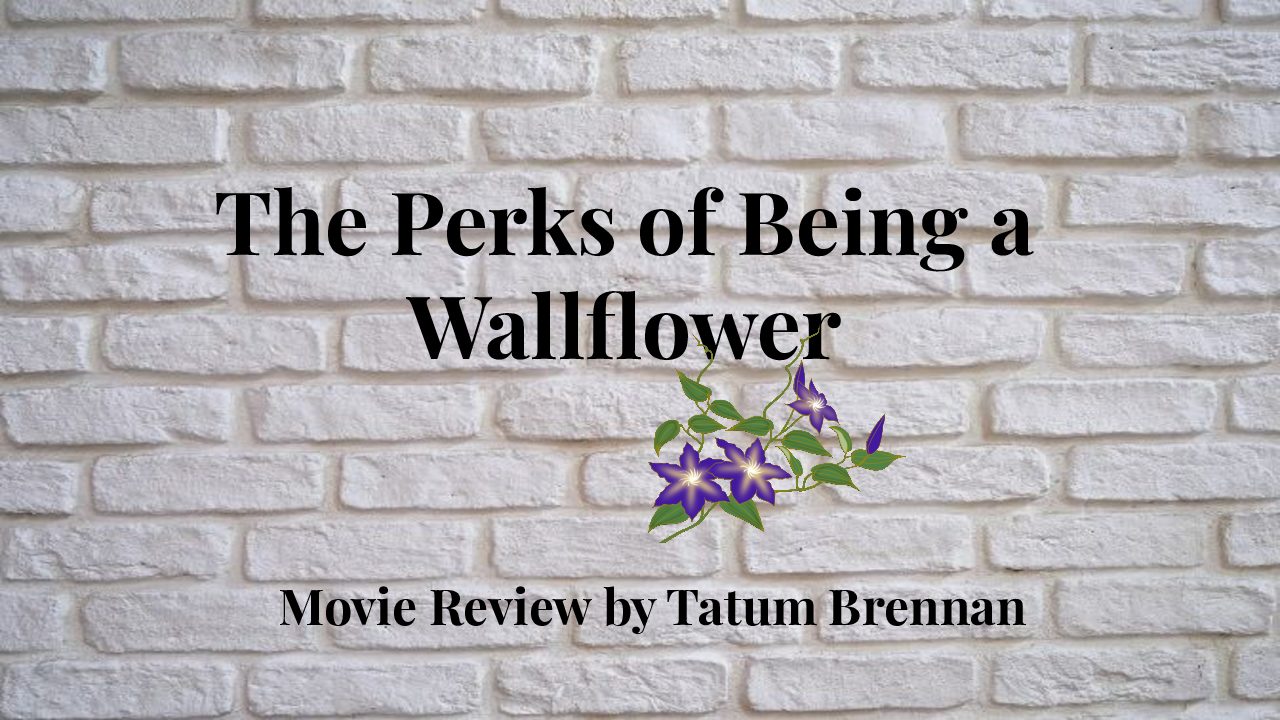Pop culture and TV harm our college expectations

“Gilmore Girls, season 3, episode 21, “Here Comes the Son,” directed by Amy Sherman-Palladino, https://www.netflix.com/watch/80014052?trackId=14170289”
November 28, 2022
We’ve all heard of or seen movies and TV shows where the characters overcome hardships and get accepted into the absurdly spectacular college of their dreams.
Take Rory Gilmore from Gilmore Girls. She is an accomplished young journalist who attends Yale University. Harvard and Princeton, two exceptional Ivy League schools, also offered her admission.
In A Cinderella Story, Sam Montgomery and Austin Ames plan to attend Princeton University. They began their relationship as they drove off to New Jersey together.
Elle Woods, a sorority girl and fashion merchandising student in Legally Blonde, got a 179 on her Law School Admission Test (only 1 point below the perfect score!) after studying for an extremely short amount of time and was admitted to Harvard Law School.
While all of these brilliant, lovable characters worked hard to achieve their goals, the harsh reality is that perfect grades aren’t enough for a Top 20 school.
Some students have incredible opportunities and connections. Some 17-year-olds started their own business with over 10,000 Instagram followers or submitted a ground-breaking research paper to an established science journal.
The reality is that having money and connections are the things that help Ivy League-bound students the most. Movies always gloss over this fact and only attribute determination and resiliency to getting into college. Don’t get me wrong – there is nothing that you can’t do if you put your mind to it. However, having networking opportunities and money are huge advantages most students aren’t lucky enough to have.
According to a New York Times article, niche sports such as fencing significantly helps in college admissions to Ivy Leagues and beyond. Students playing “country club sports” – along with skiing, golf, sailing and more – show that they don’t need financial aid, which makes them attractive to colleges.
While there are programs that provide federal student aid and scholarships, many lower-income students, especially first-generation and minorities, still struggle to afford college. No one wants to swim in pools of debt for years post-graduation.
Instead of glorifying elite schools, movies and television should highlight the alternatives: attending a local community college, taking a gap year, or even not going into higher education – and still finding success and happiness. Considering the amount of work, stress and extracurriculars students put themselves through to get accepted into a “good college,” they need this reassurance more than anything else. No matter where you end up, you are on the right path as long as you are happy and healthy.






